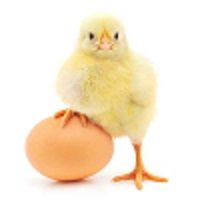Article
CDC Warning: Don't Kiss that Chicken
Author(s):
The CDC put its full disease-detection arsenal to work to trace the source of multi-state Salmonella outbreaks. The agency blames chicken kissing.

The US Centers for Disease Control and Prevention has released a new infectious disease guidance, entitled “Advice to Backyard Flock Owners.”
The takeaway: chickens and other pet poultry can spread Salmonella—in fact, through June 29, 2015, 181 people in 40 states have been shown to have contracted the infection through handling their backyard birds.
“Many ill people in these outbreaks reported bringing the live poultry into their homes and others reported kissing or cuddling with the live poultry,” the CDC reported.
“These behaviors increase a person’s risk of a Salmonella infection” the agency noted.
The investigation, a collaboration with state public-health, veterinary, and agriculture officials as well as the US Department of Agriculture looked into 4 multistate outbreaks of human Salmonella. Investigators used the CDC’s PulseNet system to subtype the Salmonella bacteria found in these patients.
Of 95 patients interviewed, 82 said they had handled their poultry.
Two people were hospitalized.
Four strains of Salmonella were involved: Enteritidis, Hadar,Indiana, and Meunchen.





